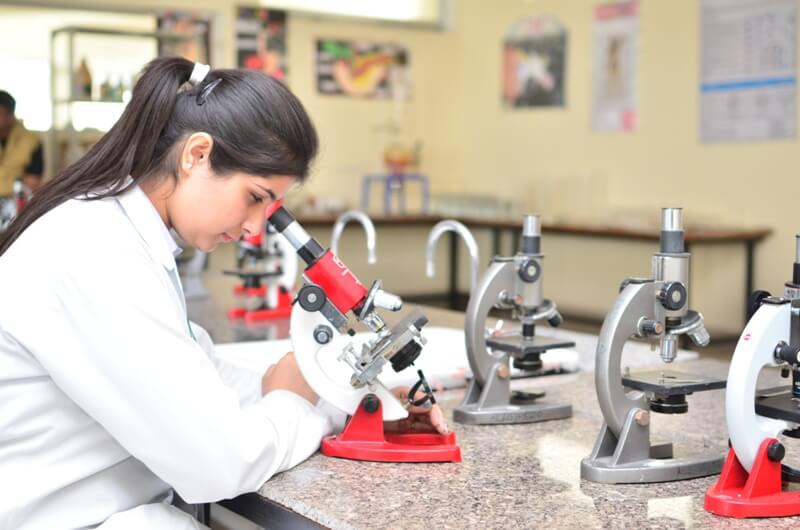


Pharmacy is a fast-growing, dynamic, versatile and increasingly diverse profession which provides several opportunities to serve the Nation. Pharmacists comprise the third largest healthcare professionals in the world and the pharmacy profession has been evolving steadily over the last decade in India. Today, pharmacists have expanded their role from dispensing to pharmaceutical care by maximizing the benefits of medications and their safety. Since the last decade, pharmacy profession in India is evolving due to industrialization and an increase inpatient needs, leading to an increase in the demand of pharmacists. This profession now transformed into a hub for “Global Healthcare” and and evolved as a multidisciplinary and multifaceted field. Recently the Pharmaceutical industry and health sector has thrown open a sea of opportunities for Pharmacy Profession. Careers in pharmacy offer many benefits and opportunities. These include working in the community, a hospital, home health care, pharmaceutical research companies, nursing homes, government health agencies, and higher education. In addition, pharmacy has excellent earning potential and is consistently ranked as one of the most highly trusted professions due to the care and service pharmacists provide.
Working towards new ideas and innovations in pharmaceutical sciences and mould students in-to world class pharmacy professionals who will excel in their fields and effectively meet the challenges of the dynamic global scenario
| UG/PG | Program | DURATION | Name of Course and Branch | Eligibility |
| UG | B.Pharma. | 8 Semester | Bachelor of Pharmacy | 12th Standard (PCB/PCM) (General & OBC 45 % SC/ST 40 %) |
| PG | M.Pharma. | 4 Semester | M.Pharma.- Pharmaceutics | Bachelor in Pharmacy (55 %) |
| PG | M.Pharma. | 4 Semester | M.Pharma.- Pharmaceutical Chemistry | Bachelor in Pharmacy (55 %) |
| PG | M.Pharma. | 4 Semester | M.Pharma.- Pharmacology | Bachelor in Pharmacy (55 %) |
| Dip | Diploma- Pharmacy | 2 year | Diploma- Pharmacy | 12th Standard (PCB/PCM) (General & OBC 45 % SC/ST 40 %) |
School of pharmacy is one of the premier institutes in Madhya Pradesh providing excellent education in the field of pharmacy. It is approved by Pharmacy council of India, New Delhi. The main aim of the institute is providing a high quality education to aspiring student of B. Pharm & M.Pharm courses. The institute has highly qualified faculty members, well equipped classroom and other modern facility for teaching and research. The institute has well designed spacious laboratories equipped with ultra-modern facilities for imparting updated education and training in various subjects of Pharmacy. SOP has a huge library for D.Pharm/B.Pharma/M.Pharma Courses’ students. It is enriched with the latest books, journals and other resource materials which provide adequate knowledge related to subjects and recent developments in different pharmaceutical fields to the students.
Reception :
0755-4049600 (LN Medical College)
0755-4087000 (JK Hospital)
Admission :
7440777222 (Helpline)
7203800001 (Toll Free )
0755-4049666 (LNCT University)
International Relations Division :
J.K. Town, Kolar Road, Bhopal, Madhya Pradesh 462042
Reception :
0755-4049600 (LN Medical College)
0755-4087000 (JK Hospital)
Admission :
7440777222 (Helpline)
7203800001 (Toll Free )
0755-4049666 (LNCT University)
International Relations Division :
J.K. Town, Kolar Road, Bhopal, Madhya Pradesh 462042